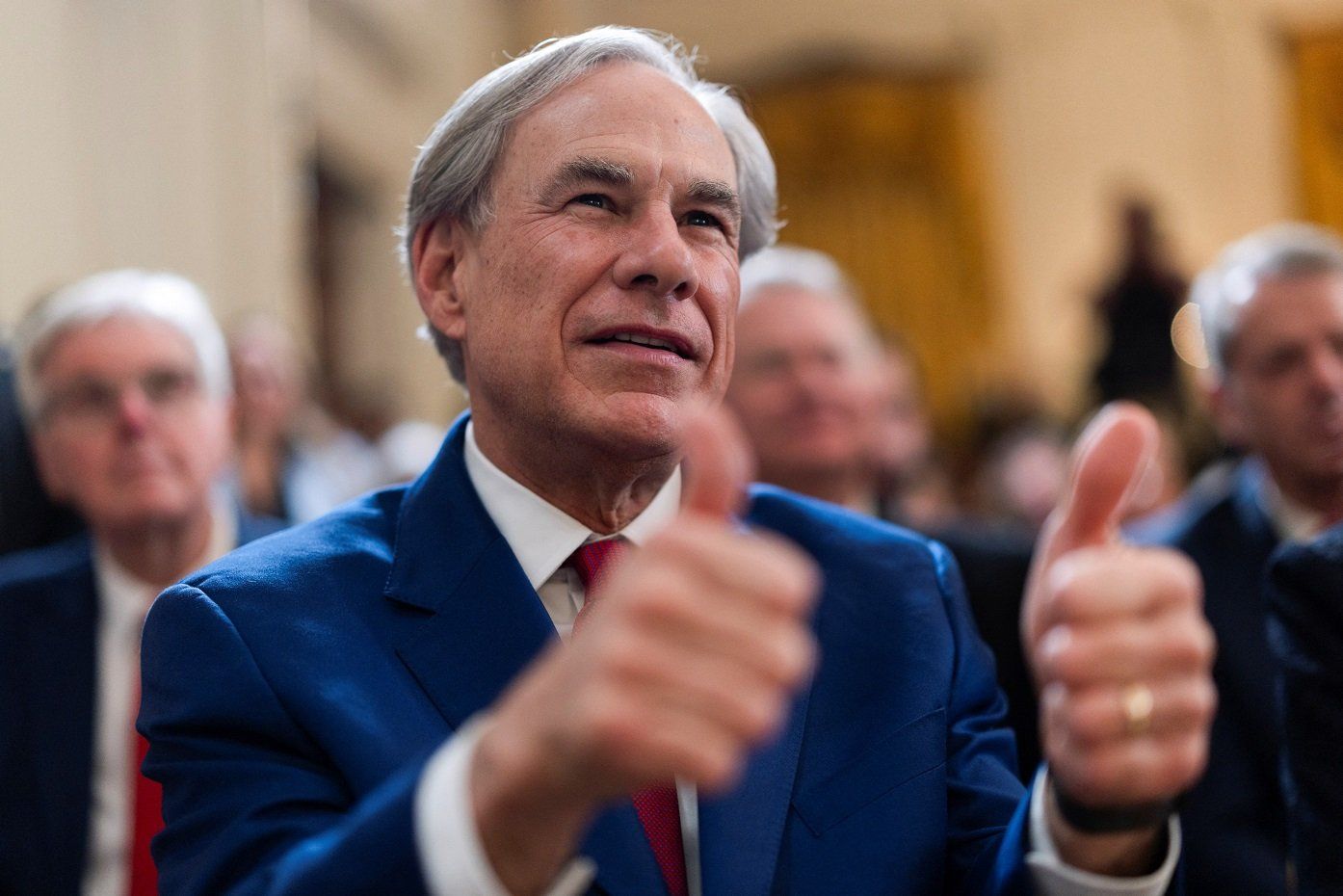In an article for the Washington Post published on Wednesday, historian and journalist Matthew Algeo argued that America’s relentless “congressional redistricting nuclear arms race” can be halted — not by drawing new lines, but by relegating the lines themselves to the dustbin of history.
"After all, there’s nothing sacred about them, and they’re not mandated by the Constitution. Let’s get rid of ’em," Algeo wrote.
Algeo proposed eliminating congressional districts entirely, replacing them with statewide, at-large elections that could fundamentally reshape representation in the U.S. House.
READ MORE: Aides sat 'helpless' as 'incoherent' Trump displayed 'stunning ignorance': biographer
Algeo, who is from Kansas, recalled that in the early days of the Republic, members of the House of Representatives were often elected at-large, not by district. Even as late as 1966, Hawaii and New Mexico were selecting their two House members in statewide races, with candidates running for designated Seats A or B. It wasn’t until the Uniform Congressional District Act of 1967 that Congress mandated single-member districts — an effort primarily aimed at sidestepping judicially imposed at-large elections triggered by racially gerrymandered maps.
Algeo used his Washington Post op-ed to propose a streamlined, democratic model: hold one statewide general election to fill all of a state’s House seats, with no primaries.
"Congressional districts within each state are required by law (not by the Constitution) to be roughly equivalent in population. Electing all the representatives at-large would make all the districts in each state the same size and, more important, end the redistricting wars that once bedeviled us only after the decennial census, but now seem destined to become a permanent and ugly fixture of American politics," he said.
Though politically improbable under today’s entrenched two-party system, Algeo insisted it’s nevertheless a concept worth exploring. He points to its historical roots, practical benefits, and democratic promise as reasons it should be part of any serious discussion around electoral reform.
READ MORE: Trump 'in a tailspin': Answers demanded about 'remarkably close relationship' with Epstein
